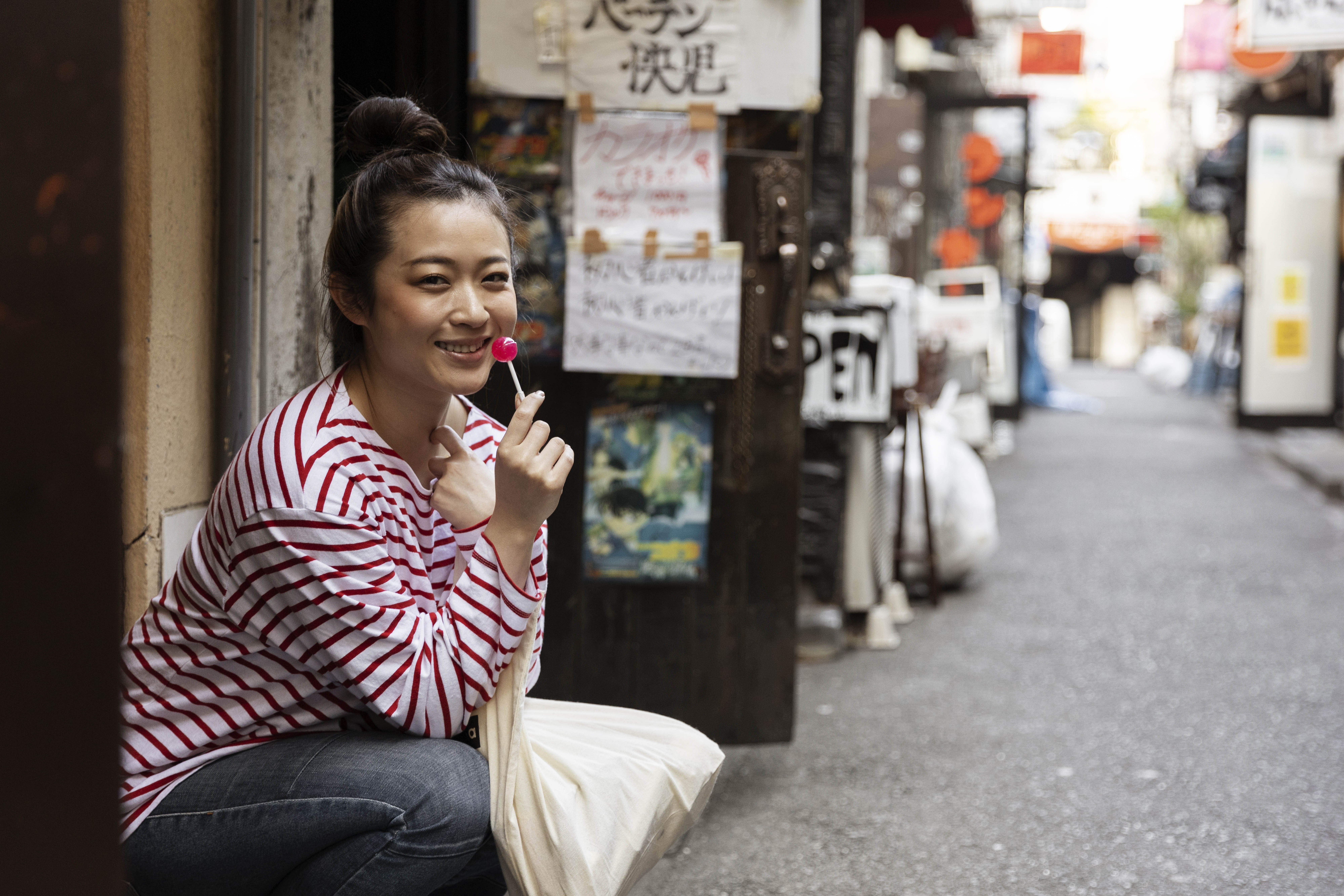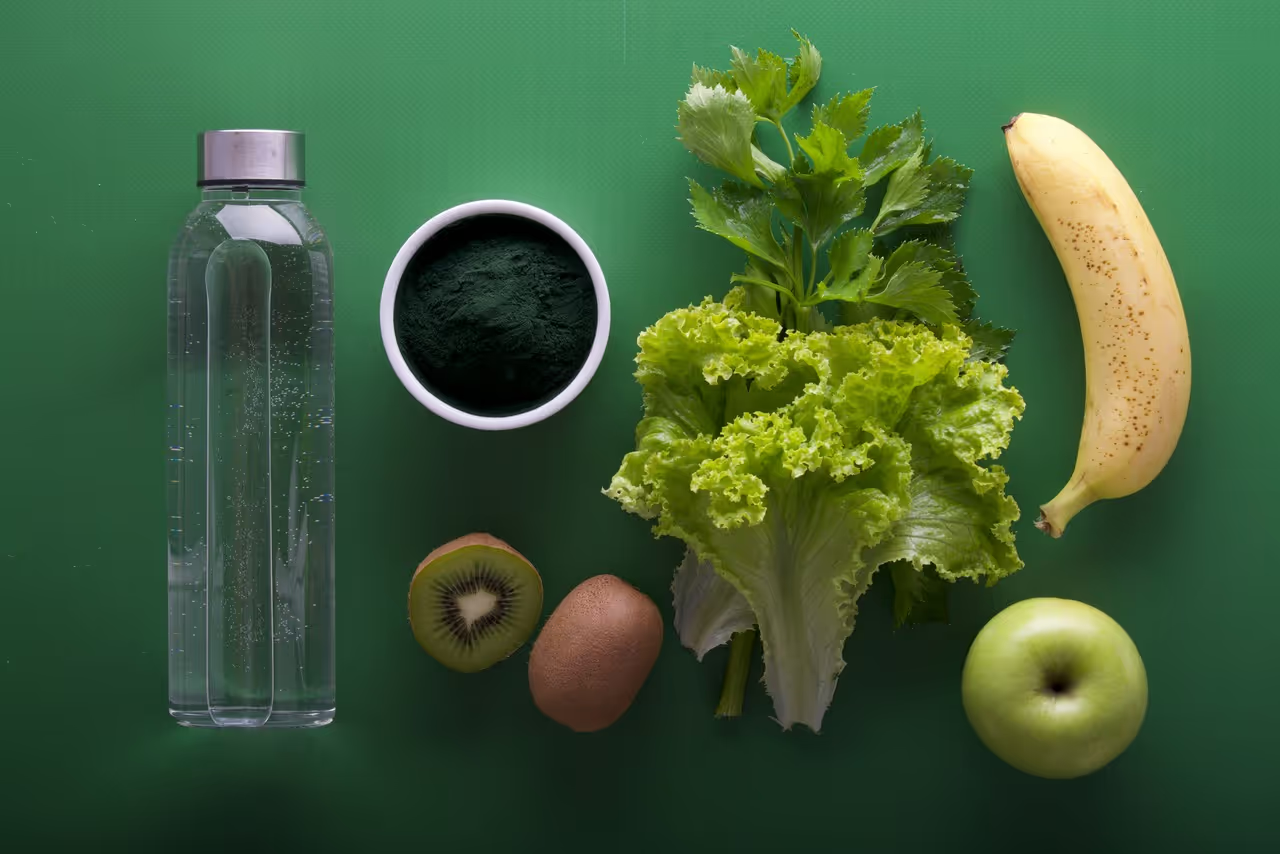Gratitude is more than a polite gesture—it’s a mindset, a cultural value and in many cases, a communal practice. Around the world, societies have developed their own rituals to express thankfulness, many of which go far beyond a simple “thank you.” These traditions offer powerful insights into how gratitude can be embedded into daily life—and how it can reshape our emotional and mental well-being.
Japan: “Arigatou” and the Ritual of Acknowledgment
In Japan, gratitude isn’t confined to special occasions. It’s woven into the language itself. Phrases like itadakimasu (said before meals) and otsukaresama deshita (used to thank someone for their work) are everyday ways of acknowledging the efforts of others. These rituals aren’t performative—they’re built on the idea that every exchange involves mutual respect. And research suggests that such routine expressions of gratitude can increase life satisfaction and social cohesion.
Ghana: Giving Thanks through Story and Song
Among the Akan people of Ghana, gratitude is often expressed communally—through storytelling, music and celebration. Ceremonies like “homowo” include specific songs and dances meant to thank ancestors and mark abundance after hardship. These communal expressions are powerful reminders that gratitude isn’t just an emotion; it’s a shared experience that connects generations.
Hawai’i: The Spirit of Mahalo
In Hawaiian culture, mahalo goes beyond a casual “thanks.” It conveys deep respect and appreciation for people, the land and spirit. Rooted in native Hawaiian spirituality, mahalo is part of a broader ethos that sees gratitude as a way of living in harmony with others and nature. This aligns closely with research on environmental gratitude, which shows that people who feel thankful for the natural world are more likely to protect it.
India: Daily Rituals of Reverence
From lighting a diya at dawn to offering flowers at a temple, daily rituals in many Indian households reflect a culture of ongoing gratitude. These small acts aren’t necessarily religious—they’re about acknowledging life, sustenance and connection. In yoga philosophy, santosha (contentment) is seen as a key to inner peace. Studies on yogic practices have found that regular expressions of appreciation and contentment can reduce anxiety and increase resilience.
The United States: Thanksgiving and Beyond
While Thanksgiving is perhaps the most well-known American gratitude ritual, there’s growing momentum around daily gratitude practices. Journaling, gratitude jars and mindful appreciation exercises have become mainstream, bolstered by a large body of scientific research. One frequently cited study from UC Davis found that participants who kept gratitude journals reported fewer physical symptoms, more optimism and better sleep. But the lesson from global rituals is clear: one-off gratitude isn’t enough. For the benefits to stick, gratitude must be practiced consistently.
What Can We Learn?
Across cultures, gratitude is often ritualized—baked into language, celebration or daily routine. These expressions aren’t necessarily grand or dramatic. They’re small, intentional and repeated over time. They shift the focus from what’s missing to what’s present. And that shift has measurable benefits: lower stress, stronger relationships, better sleep and even improved immune response.
The science is clear—but so is the wisdom of the world’s oldest traditions. Gratitude doesn’t have to be a journal entry or a once-a-year dinner speech. It can be a shared meal, a walk in nature, a kind word, a silent pause or a song passed down through generations. However you practice it, the most important thing is that you practice it.
Sources & Further Reading
Gratitude rituals: A path to resilience and well-being
How Cultural Differences Shape Your Gratitude









